Comrade Tran Phu (alias Ly Quy), born on May 1, 1904 in An Tho village, An Dan commune, Tuy An district, Phu Yen province; native place: Tung Anh commune, Duc Tho district, Ha Tinh province.
Orphaned at the age of 4, fatherless at the age of 6, Tran Phu's childhood was spent in years when the country was immersed in slavery.
The historical, cultural and revolutionary traditions of his birthplace - Phu Yen and his family's homeland - Ha Tinh left deep impressions on Tran Phu, contributing to fostering his love for his homeland and country; fostering his will and spirit of learning and striving to find a way to save the country.
The turning point in Tran Phu's revolutionary life was at the end of 1926, when he was sent to Guangzhou (China) to contact the Vietnam Revolutionary Youth Association. Here, he met leader Nguyen Ai Quoc and attended a cadre training class taught by him.
Draft of the Party's Political Platform
After graduating from the Oriental University, in November 1929, comrade Tran Phu was sent back to the country by the Communist International to work as a key Party official.
In July 1930, he was assigned to prepare the draft of the Political Platform. The Party's Political Platform of October 1930 was the intellectual product of the Central Executive Committee, but bore the personal mark of comrade Tran Phu as the direct drafter.
The thesis was completed on the basis of studying Marxism-Leninism, especially the "Thesis on the revolutionary movement in colonial and semi-colonial countries" of the 6th Congress of the Communist International (1928) and the documents of the Party founding conference chaired by Nguyen Ai Quoc in early 1930; summarized from the practice of socio-economic development and mass movements in a number of localities...

The Platform pointed out that the Party must have revolutionary methods in normal times and in revolutionary situations. When there is a direct revolutionary situation, the Party must lead an armed uprising to seize power.
Regarding the opportunity for an armed uprising to seize power, the draft Political Platform clearly stated: "When the revolutionary force is very strong, the ruling class is shaken, the middle classes want to leave to the revolutionary side, the workers and peasants are enthusiastic about the revolution, determined to sacrifice and fight, the Party must immediately lead the masses to overthrow the enemy's government and seize power for the workers and peasants."
Regarding the Party's leadership role, the draft Political Platform emphasized: "The essential condition for the victory of the revolution in Indochina is the need for a Communist Party with a correct political line, discipline, concentration, close contact with the masses, and experience in struggle to mature. The Party is the vanguard of the proletariat in Indochina, and leads the proletariat of Indochina to fight to achieve the ultimate goal of the proletariat, which is communism."
Together with the Brief Platform and Brief Strategy drafted by leader Nguyen Ai Quoc and approved at the unification conference in early 1930, the Political Platform contributed to clearly defining the development path of the Vietnamese revolution, leading the revolution to overcome all challenges and achieve glorious victory.

The first General Secretary of our Party
In the context of fierce enemy terror, comrade Tran Phu - in his position as the first General Secretary of the Party, together with the Central Executive Committee led the implementation of the resolutions of the first Central Conference with a huge and important workload and prepared documents for the second Conference of the Party Central Executive Committee (March 1931).
As General Secretary, Comrade Tran Phu led, directly drafted and completed documents, and implemented the development of party organizations, political organizations, unions, and mass associations to gather and unite all people's forces under the leadership of the Party.
A series of important documents were passed directly related to party organization, mass mobilization, and front work, laying the foundation for the establishment of the Anti-Imperialist Alliance, and the establishment of organizations: Labor Union, Peasant Union, Youth Union, Women's Union, and Red Relief Association. After only a short time, party organizations, mass organizations, and associations developed rapidly.

In order to build a united bloc based on the Party's platform and guidelines, General Secretary Tran Phu paid great attention to the issue of ideological struggle within the Party, overcoming distorted perceptions, opportunism, and factions, pointing out problems arising from opportunism and conciliatory tendencies within the Party. Each Party member must be an enthusiastic activist, participating in Party activities and Party work, becoming an active element of the Party. Party discipline is iron discipline based on the principle of democratic centralism.
Upholding the principles in building a new-style Party of the working class in terms of ideology and organization; proposing issues to enhance the Party's capacity and fighting power through strengthening the working class character; resolutely fighting against opportunism... are valuable contributions of great theoretical and practical guidance by comrade Tran Phu, which to this day are still topical issues in Party building work.
Under the close guidance of Comrade Tran Phu and the Central Party Standing Committee during the period of 1930 - 1931, the revolutionary movement of the masses throughout the country flared up strongly. The Party's Supreme General Staff, headed by General Secretary Tran Phu, carried out its historic mission, raising the revolutionary movement of 1930 - 1931, culminating in the Nghe Tinh Soviet.
In the work of Party building, the task of building and promoting the role of Party cells was highly emphasized by Comrade Tran Phu and the Central Executive Committee: Party cells are the foundation of the Party. If Party cells do not know how to work, the Party cannot develop; therefore, Party cells need to organize activities to be lively and planned. The influence of the Party on the masses is strong or weak, the political level and activities of Party members are high or low, depending on the level of activities of the Party cells.
Exemplary example of communist spirit
Born into a patriotic Confucian family, witnessing the loss of the country and the destruction of the family, Tran Phu soon chose the path of fighting for the cause of national liberation. He was an exemplary model of the spirit of learning. Right from his school days, he read progressive books and newspapers to enrich his knowledge.
As a teacher, he instilled in his students the spirit of patriotism and mobilized the masses to join the fight for national independence, for a better society, free from oppression and injustice...
After meeting leader Nguyen Ai Quoc and being educated in Marxism-Leninism, from patriotism, comrade Tran Phu came to the communist ideal and determined to dedicate his life to that noble ideal.
Comrade Tran Phu's remarkable maturity in formulating policies and directing the implementation of Party resolutions into the revolutionary movement's practical reality affirmed the wisdom of leader Nguyen Ai Quoc in selecting, training, coaching, and using cadres, especially in selecting and using key leaders, of whom Tran Phu was a typical student.

Captured by the enemy in Saigon on April 18, 1931, facing the enemy's tricks, comrade Tran Phu set a shining example of absolute loyalty to the Party and the revolution, of indomitable spirit, and of fighting steadfastly against the enemy. On September 6, 1931, before his sacrifice, he still sent his comrades and compatriots the immortal words: " Keep up the fighting spirit " .
Tran Phu's steadfast communist qualities and heroic spirit in the face of the enemy have inspired generations of Vietnamese people in the fight for the independence and freedom of the Fatherland, and the prosperity and happiness of the people. Under the leadership of the Party and President Ho Chi Minh, our people have fought to regain independence, freedom, and national unity; leading the whole country to the path of socialism according to the noble goals of "rich people, strong country, democracy, equality, and civilization".

Source


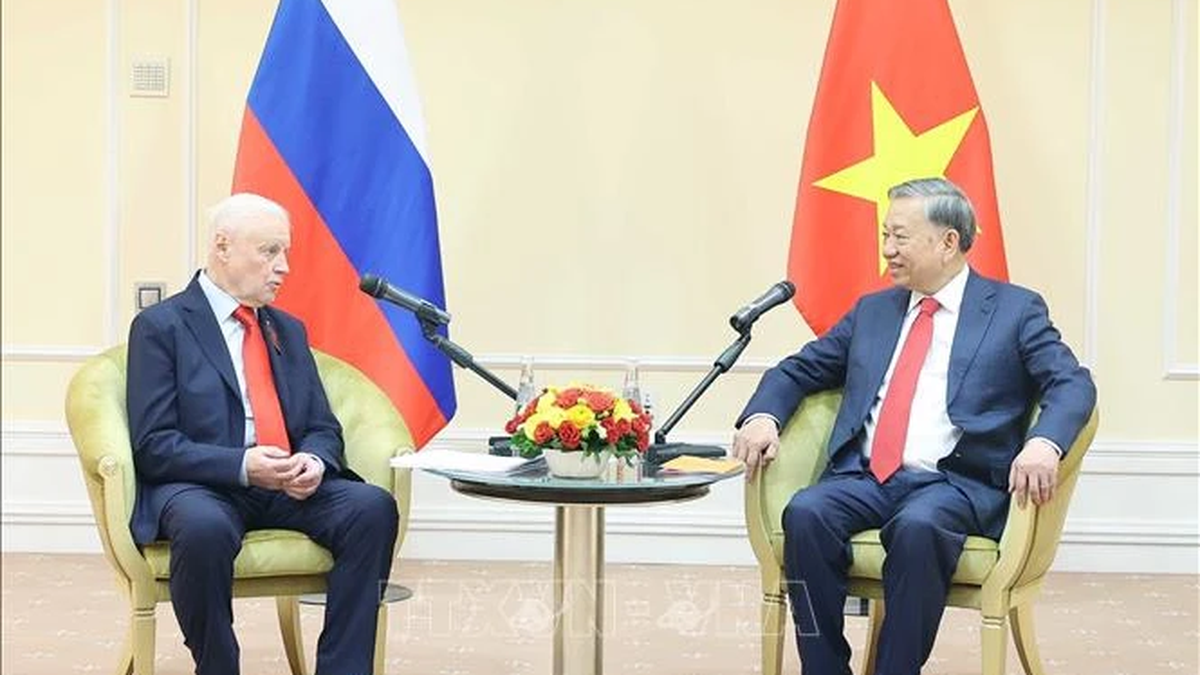
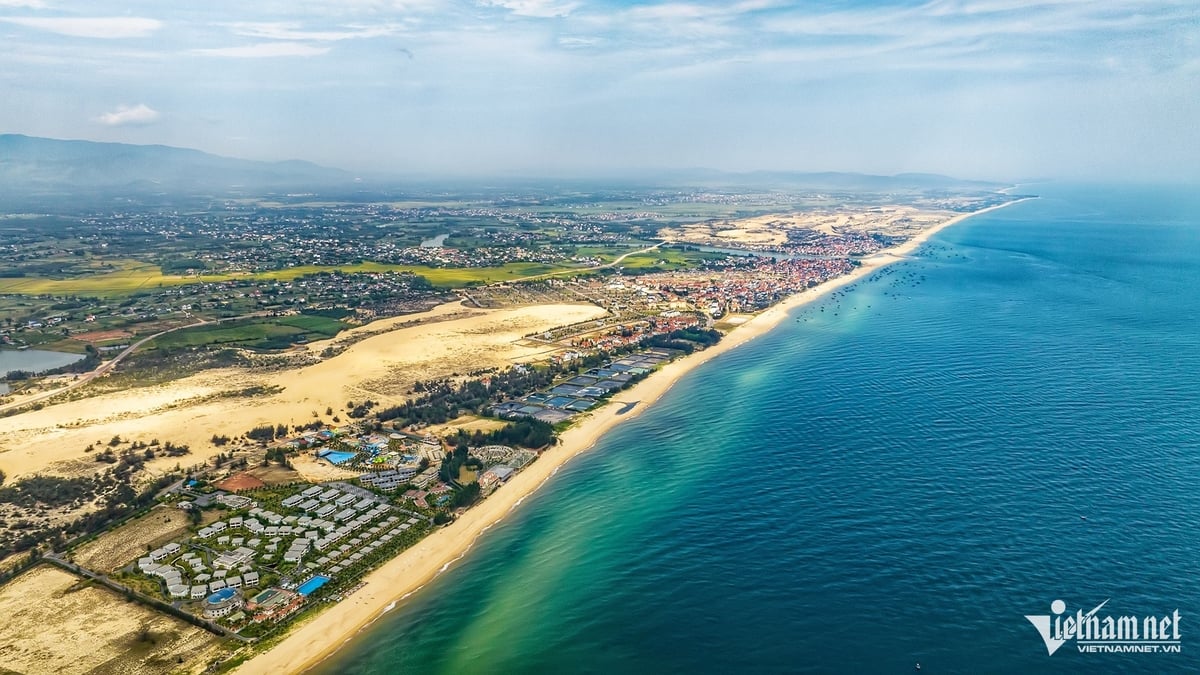

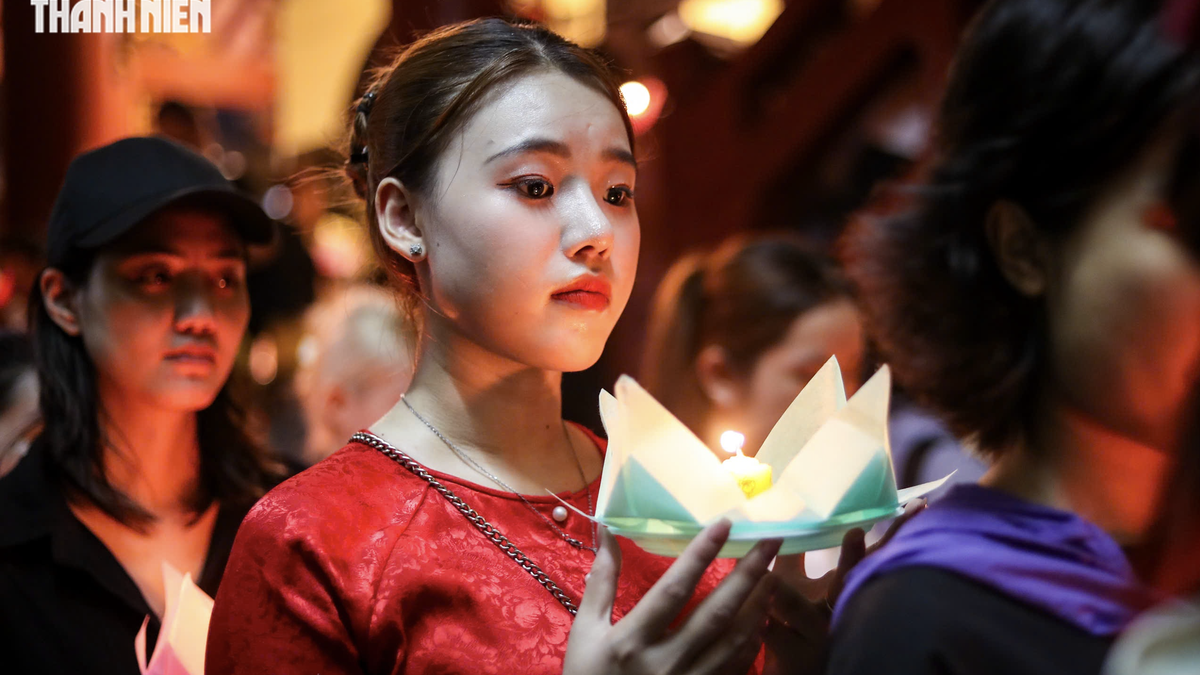
![[Photo] Prime Minister Pham Minh Chinh chairs Government Standing Committee meeting on Gia Binh airport project](https://vphoto.vietnam.vn/thumb/1200x675/vietnam/resource/IMAGE/2025/5/10/6d3bef55258d417b9bca53fbefd4aeee)
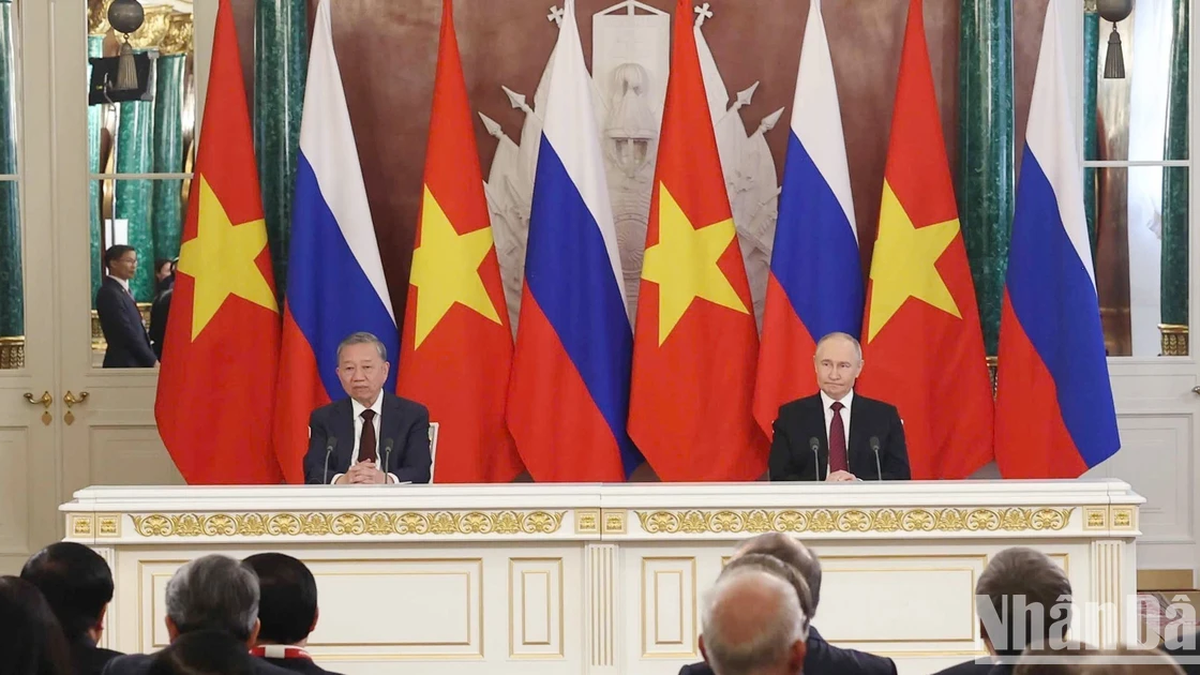
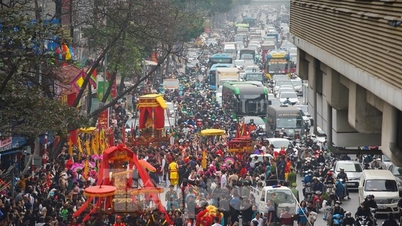



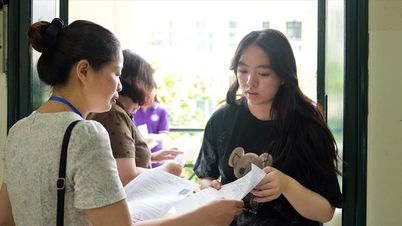



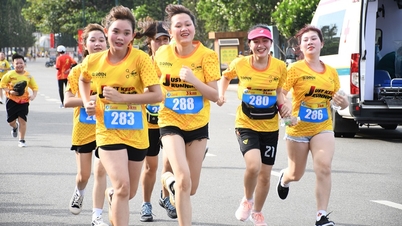
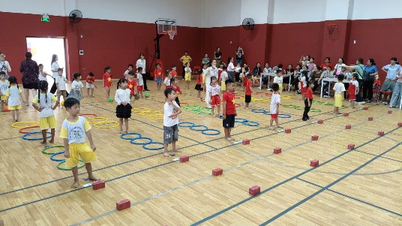
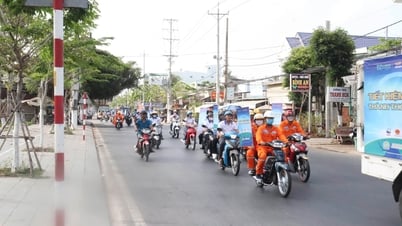
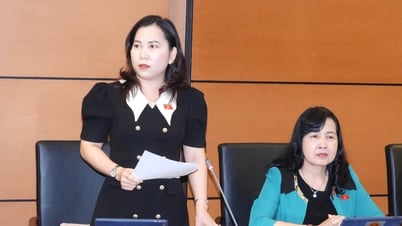
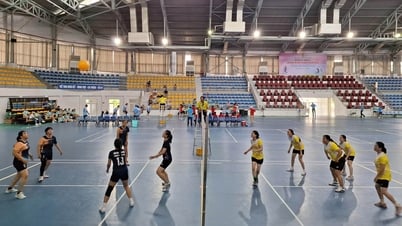
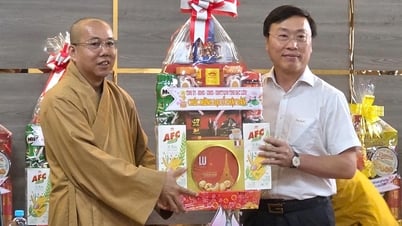





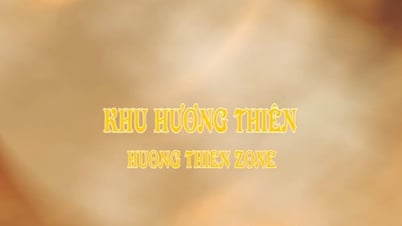
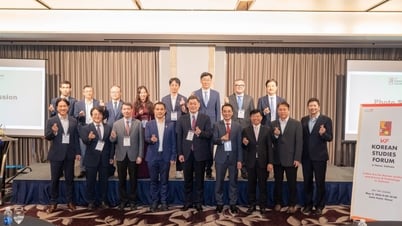
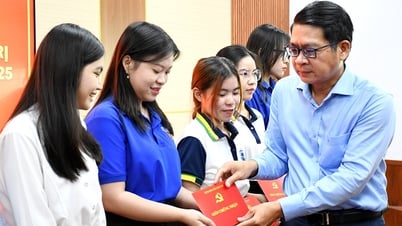
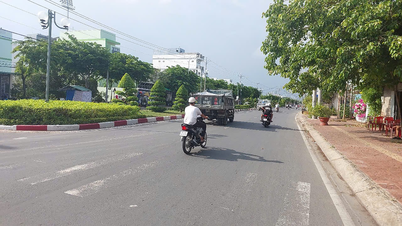
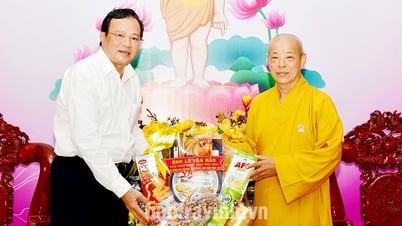
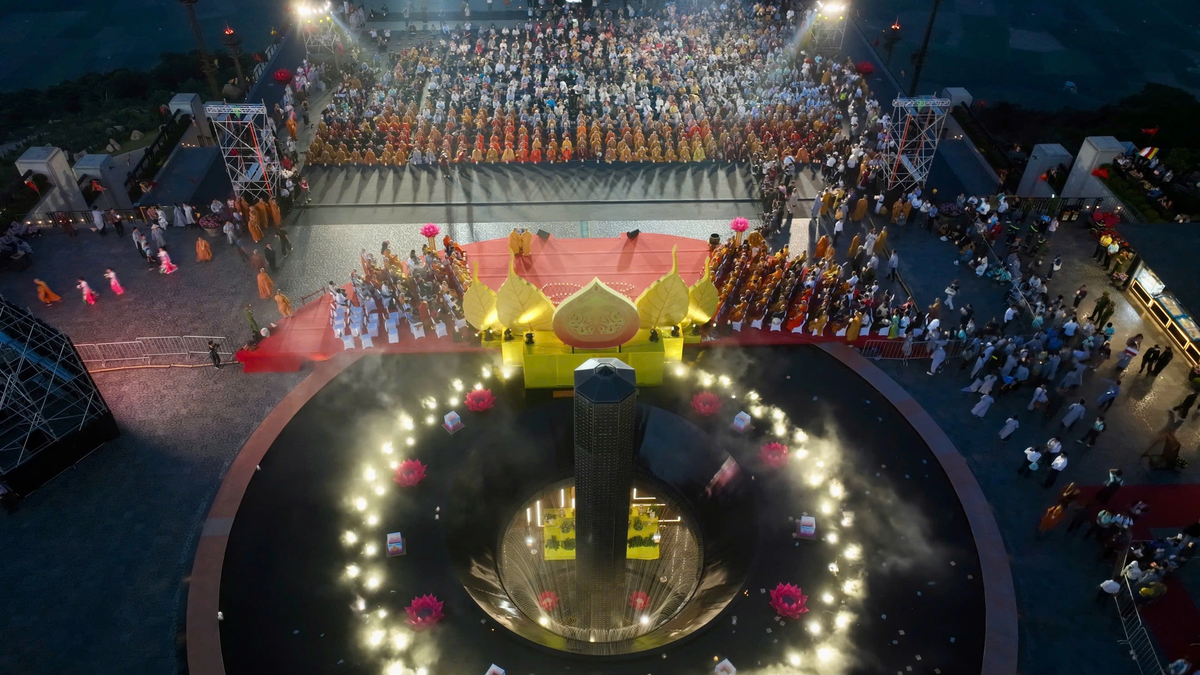



































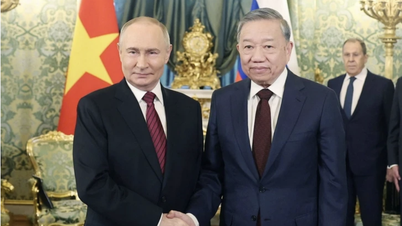
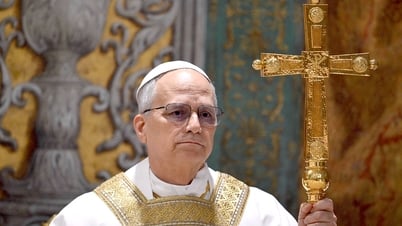
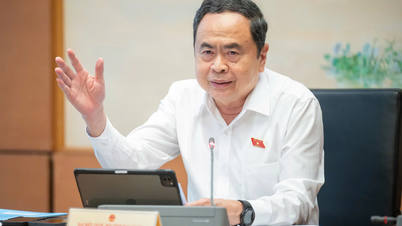
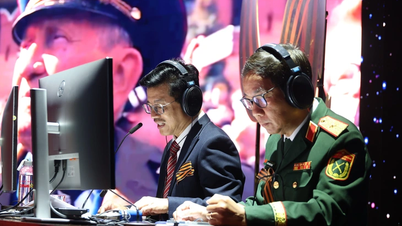









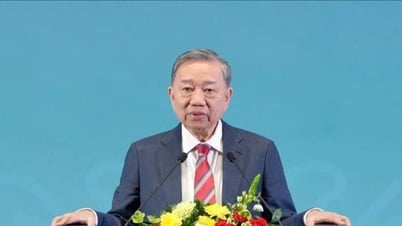

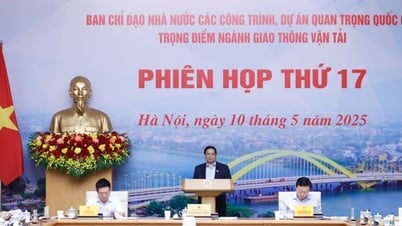



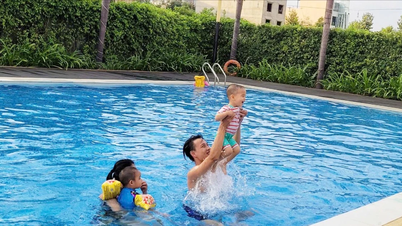













Comment (0)